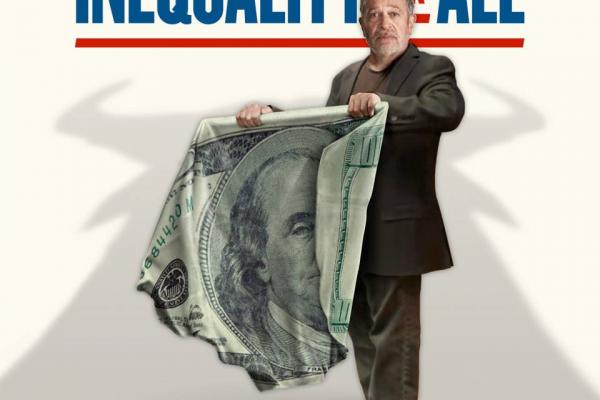Oct 2, 2013
Robert Reich pulls up in his silver Mini Cooper, quipping that he and his car are in proportion to each other. Reich, former Secretary of Labor in the Clinton administration, identifies himself with the underdog, the little man.
His new movie, Inequality for All, looks into the effects of wealth inequality in the United States. Throughout this semi-autobiographical documentary, Reich consistently leans on his self-deprecating sense of humor by poking fun at his own physical stature; he’s 4’10 ½’’ tall. The jokes, however, do lead back to the heavier issue at hand – the American worker is getting squeezed out of the middle class.
Read the Full Article

Already a subscriber? Login
